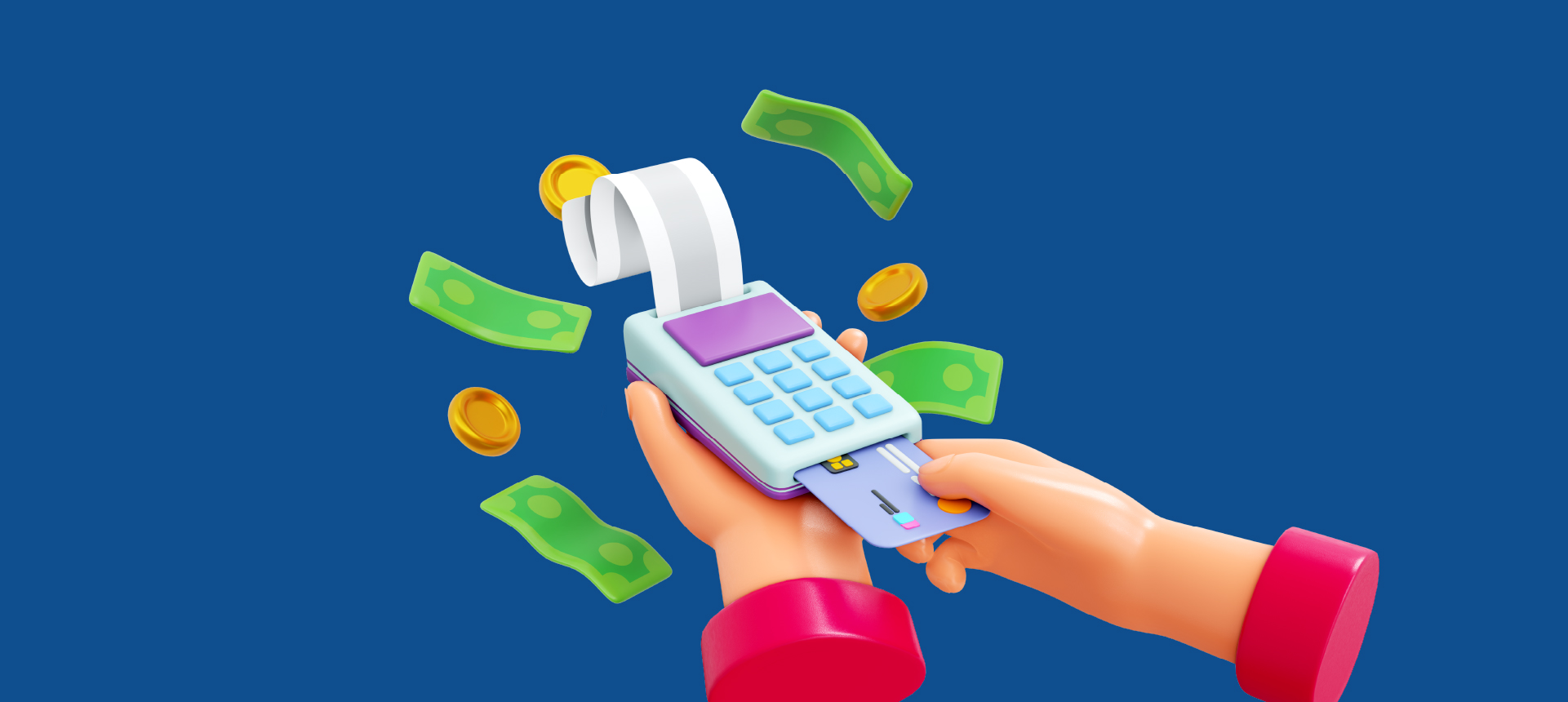
For some, resisting compulsive buying can be a real challenge.
Buying useless or superfluous objects, perhaps spending more than necessary, is a widespread behavior which, if repeated over time, makes it difficult to save and manage your money effectively.
Where does this self-sabotaging behavior come from?
As behavioral psychology teaches, our purchasing choices are often dictated by irrational impulses, emotions and cognitive biases, “mental traps” that show us a distorted version of reality.
We talked about the topic in episode 7 of the podcast “Mica solo parole” with the economist Luciano Canova.
Fortunately, there are practical strategies for maintaining adequate control over your finances.
Here are 5 tips for managing expenses and your relationship with shopping in a more conscious way.
- Ask yourself if you really need what you are about to buy
As we have seen, purchasing behaviors are often dictated by emotional drives that are studied by marketing professionals to push the potential customer to spend as much as possible, both in physical stores and online.
To defend yourself from such mechanisms and not fall into temptation, it may be useful to ask yourself a few simple questions.
- Can I live without it?
- Do I already own something similar?
- Will I really use it and for how long?
This allows us to keep focused on our needs, curbing the impulse to spend.
- Take note of what you spend
Since Covid we have all been using electronic payment systems more easily. Usually, if it’s a small expense we try to pay with cash. We remember the gesture of taking out money to give it to someone else with greater clarity, also because we see the money available in our wallet reducing. When we use the card, however, we are inclined to spend more because we do not have an immediate perception of the money spent.
In general, what matters is to take note of what you have spent through an app or an account notebook. Doing this regularly will help you understand in time how to correct your behavior if it is not compatible with your personal budget constraint.
- Take some time to decide
Try not to act impulsively when faced with a temptation to purchase.
The optimal solution would be to postpone the purchase until the next day, but at least try to wait a few hours to evaluate whether, as time passes and with a clearer mind, you continue to consider that expense indispensable.
This significantly reduces the chance of making risky choices and buying something useless or that you don’t really want.
- Focus on your emotions and needs
When making purchases it is important to stay connected with your emotions: in this way it becomes easier to maintain control of the situation and avoid spending money unnecessarily.
It can be a good idea to try to avoid shopping when you feel excessively tired, sad, stressed or euphoric: strong emotions, in fact, lower our ability to think clearly and make thoughtful choices.
Following the same logic, experts advise not to go shopping when you are hungry: in such a situation, common sense risks being overturned by the push of the moment and we are led to buy more than we really need.
You can also try focusing on the things you already own rather than the things you want to buy. Being grateful for what you have can help you give value to what already belongs to you, calming the impulse to purchase new objects as a tool to compensate for our frustration.
- Work on your financial education
The more you become aware of the state of your finances and start managing money well, the more natural it becomes not to overspend.
This is why financial education is fundamental and can profoundly improve our relationship with your wallet.
The Museum of Saving organizes many activities, workshops and events, precisely to disseminate useful information for managing personal finances.
To find out more, come and visit us, visit our website and read our blog.
January 31, 2024
